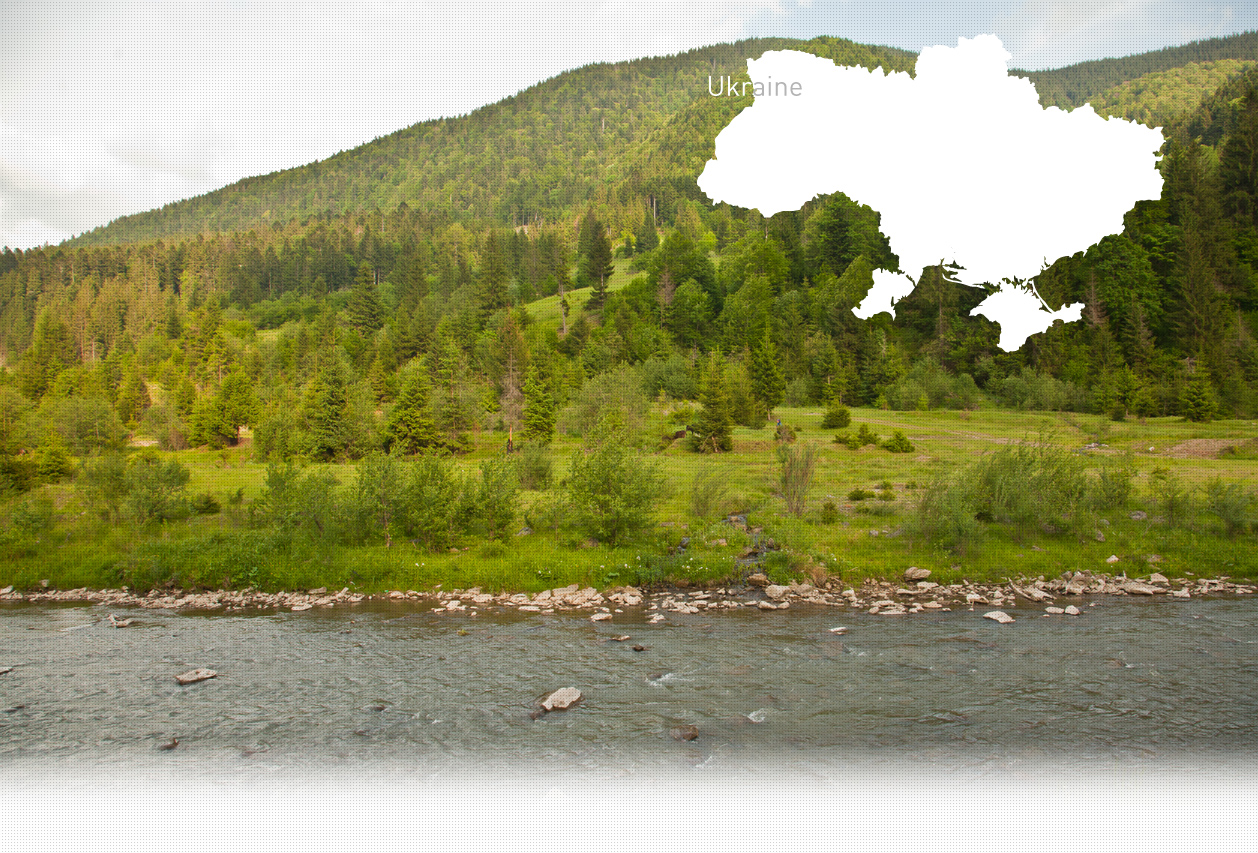

1 Killing site(s)
Anna P., born in 1919:
"YIU: Were there any Jews here during the war?
Witness: “Many Jews, mainly from Bessarabia and Romania, came here impoverished and deceived with promises of return to their homes. Instead, they were lodged in the squalid pigsty of the sovkhoz (collective farm). We provided them with food, and in return, they offered whatever clothing they possessed. It was heartbreaking to witness, especially with young children among them. Those who perished or were close to death were loaded onto carts by fellow Jews and taken to the forest, where they were laid to rest in a trench. The survivors, though weakened, went door to door asking for food. We helped as best we could. The Soldanovskis, a Jewish family, managed to survive the war. They visited our home every day, and we helped them as if they were our own. In gratitude, they even gifted me a gold ring, though it’s long gone now. They bartered regularly. There was also a young Jewish girl, slightly younger than myself, who stayed with my mother in the village center, sheltered in the last house next to the office. My mother treated her like her own, affectionately calling her Marinka. Whenever gendarmes appeared, she concealed her above the stove to shield her from danger, for her mere presence could have been fatal. When liberation came, thanks to France and England, these survivors finally tasted freedom. Among them, I recall only the Soldanovskis from Sorokiv in Moldavia, and this young girl, also from Sorokiv." (Testimony N°YIU492U, interviewed in Ustya, on July 18, 2007)
Ustya is located approximately 150 km (93 mi) southeast of Vinnytsia. Limited information exists regarding the Jewish community in the village before the war. According to local residents interviewed by Yahad, Ustya was predominantly home to Ukrainians. The local populace primarily sustained themselves through agriculture, often laboring in the sovkhoz (collective farm). Meanwhile, a significant Jewish community thrived in the nearby town of Bershad, located approximately 11 km (7 mi) to the west.
Ustya fell under the control of German and Romanian forces in late July 1941, remaining under Romanian jurisdiction and becoming part of Transnistria by September of the same year. Subsequently, a Romanian administration was established, and a Ukrainian police unit was stationed in Ustya. The Bug River delineated the border with the German-occupied territories.
Commencing in the fall of 1941, over 2,500 Jews from Bukovina and Bessarabia were gradually deported to Ustya by the Germans, with assistance from Ukrainian policemen, and placed under Romanian authority upon arrival. Once in Ustya, the Jews were confined to the former administrative headquarters building, repurposed as the barn of the local sovkhoz (collective farm), where they were supervised by Romanian and local police personnel.
Despite movement restrictions, Jews found ways to venture into the village to trade their valuables and garments for food with local residents. Moreover, Jewish detainees endured systematic theft by the local police, including the extraction of gold teeth. Harsh living conditions, food shortages, and a typhus epidemic that ravaged the village during the winter of 1941-1942 resulted in the deaths of numerous Jews. Some tragically died in a barn fire ignited when occupants sought warmth during winter. In the latter half of the occupation, likely aimed at suppressing the resistance movement formed in the region, isolated shootings of Jews were regularly carried out by the Gestapo unit based in Dzhulynka. By the latter part of 1943, 1,600 Jews had lost their lives in Ustya. Their remains were interred in the forest, alongside animal carcass pits, and in the clay quarry, now situated in an agricultural field. The Yahad team managed to locate one burial site out of the two.
On June 25, 1943, following orders from the governor of Transnistria, the Jews of Ustya were relocated to Lugova.
For more information about the extermination of Jews in Lugova, please follow the corresponding profile.
Do you have additional information regarding a village that you would like to share with Yahad ?
Please contact us at contact@yahadinunum.org
or by calling Yahad – In Unum at +33 (0) 1 53 20 13 17